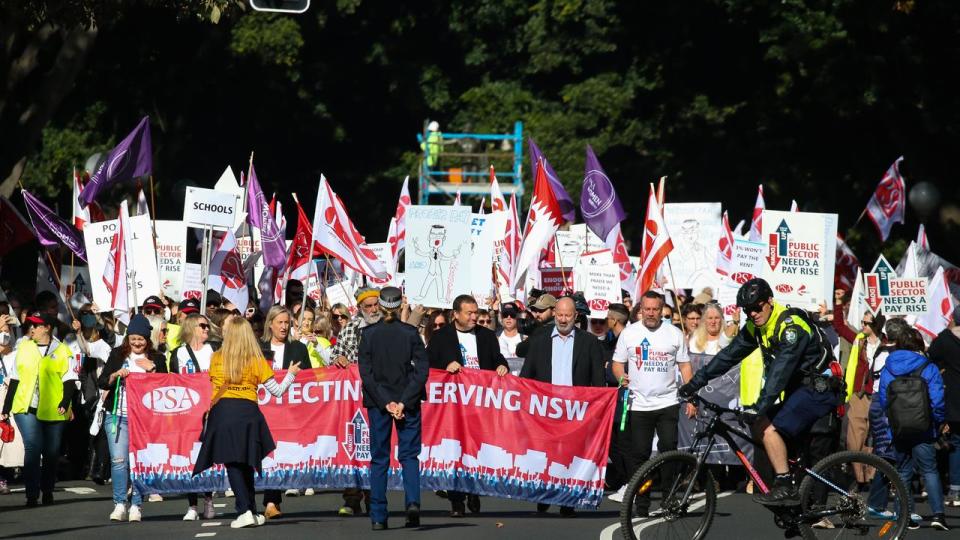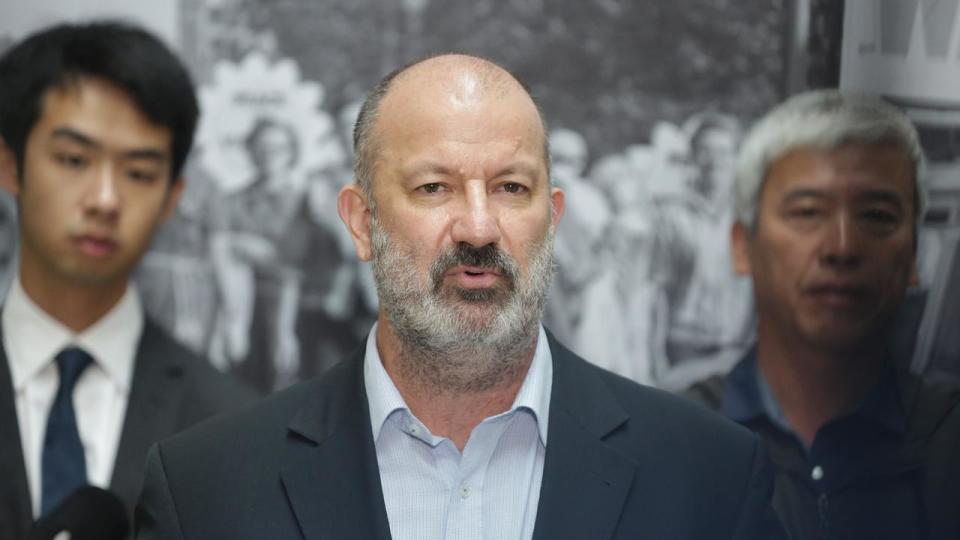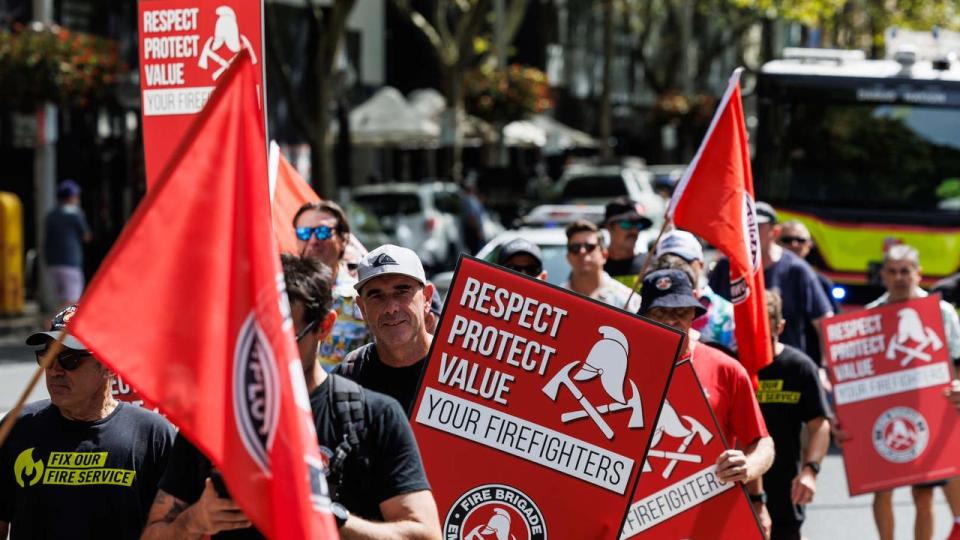Staggering figure Aussie workers losing
A new report from Unions NSW uncovered the wild figures in a wide-ranging survey of multiple industries, with 86 per cent of workers reporting they performed unpaid extra hours as part of their job.
Another 77 per cent said this overtime was negatively impacting their life.
The survey encompassed about 5000 employees.
Union NSW’s report found most people worked nine hours of overtime each week on average, equating to 58 days or 11 weeks a year.

For an average worker on a yearly income of $96,660, the financial value of this unpaid work is $21,563 per year, Unions NSW Secretary Mark Morey said.
“With so many unpaid working hours and a soaring cost of living, Australia is no longer the lucky country it once was,” he said.
“The huge extent and severity of unpaid overtime reveals how employers have become accustomed to expect it from their staff.”
The survey found the professions with the most overtime are education (12.2 hours per week), agriculture, forestry and fishing (12 hours per week) and transport, postal and warehousing (8.99 hours per week).

People earning less than $70,000 a year worked 7.3 hours a week unpaid, while those earning $110,000-$130,000 per year perform the most overtime at 12 hours a week.
Part-time and casual workers were not safe either - the report finding they still worked 6.5 hours of unpaid overtime per week.
Under the Fair Work Act, employees can be required to work more than 38 hours a week for no extra pay if the additional hours are necessary.
But Unions NSW have demanded change, wanting a requirement to pay for overtime less than the high income threshold, currently sitting around $162,000 per year.
Mr Morey revealed workers in the survey reported having to work through their lunch breaks, turn up earlier and finish later than their shift times and put in extra hours at the weekend that went unclaimed.


“This is affecting their physical and mental wellbeing, preventing them from spending time with their families and contributing to their communities,” he said.
“Fears of reprisal, missing out on promotion, and threats from employers to give staff a worse roster all prevent workers from leaving on time.”
The figures follow Talent company Randstad finding Australian employees were becoming increasingly cautious and unwilling to risk the open job market for better pay.
Of the 6,105 Australian workers surveyed, 67 per cent said they would not consider searching for better pay elsewhere amid fears of redundancies.
44 per cent of workers said they worried about losing their job - up from 27 per cent in 2023.
19 per cent of workers, or roughly 2.6 million people, have or are considering taking on a second role or increasing their hours with their current employer to beat back rising cost-of-living pressures.

 Yahoo Finance
Yahoo Finance 